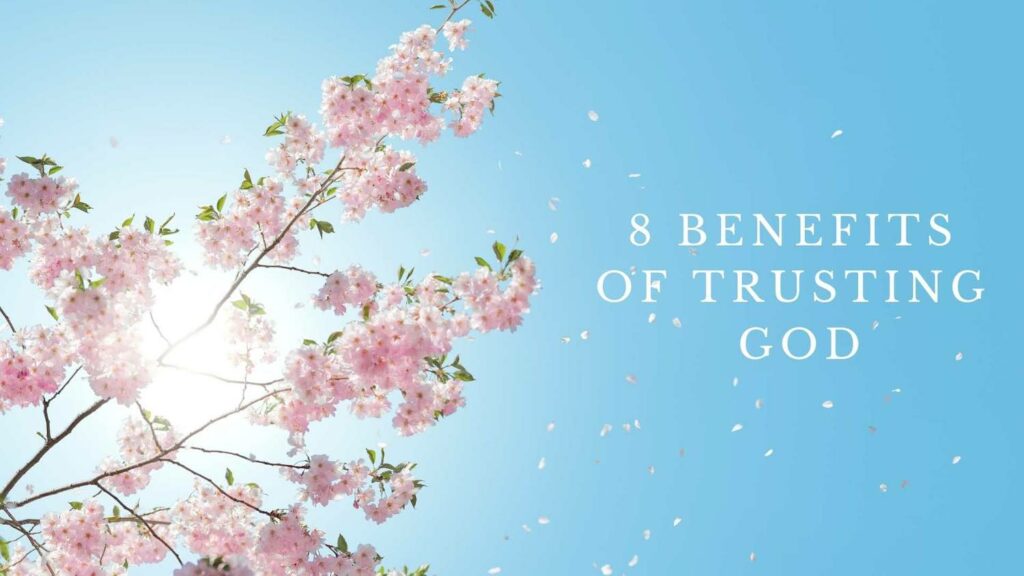The prophet Jeremiah was issued a difficult life calling from God with specific restrictions:
- He was commanded not to marry: “You shall not take a wife for yourself nor have sons or daughters in this place” (Jeremiah 16:2).
- He was commanded not to attend funerals: “For thus says the Lord, do not enter a house of mourning, or go to lament or to console them; for I have withdrawn My peace from this people, declares the Lord. My loving-kindness and compassion” (Jeremiah 16:5).
- He was commanded not to attend joyous occasions: “Moreover you shall not go into a house of feasting to sit with them to eat and drink.” For thus says the Lord of hosts, the God of Israel: Behold I am going to eliminate from this place, before your eyes and in your time, the voice of rejoicing and the voice of gladness, the voice of the groom and the voice of the bride” (Jeremiah 16:8-9).
No wonder Jeremiah’s nicknames were weeping prophet, prophet of loneliness, and reluctant prophet, because he felt inadequate for the call of God and his scary position of predicting gloom and doom for God’s people.
Perhaps as a widow you can identify with his life of loneliness, with the feeling of inadequacy to carry on in life alone. The emotions of loss leave you feeling restricted from attending funerals and weddings, or other events because of the emotional pain it may cause you.
Jeremiah knew the destruction ahead might leave wives as widows and children fatherless. His admonition to the people that captures my attention is found in Jeremiah 49:11, “Leave your fatherless children, I will [do what is necessary to] preserve them alive; and let [those made] your widows trust and confide in me” (AMPC).
His word of encouragement is still applicable today, for women who have been left alone. Oh, how easy it is to look back on the past, placing our trust in the “good ole days.” Other objects we easily attach our trust to are financial security, material possessions, numbing agents for the pain, or even finding another man.
Yet, the widow is encouraged to place her trust in God.
The best way to trust is to consider who or what you are placing your trust in. Throughout scripture we learn the amazing attributes of God that prove He is trustworthy. One of the foundational characteristics is the sovereignty of God highlighted by a few verses below:
- “For by him all things were created, in heaven and on earth, visible and invisible, whether thrones or dominions or rulers or authorities—all things were created through him and for him. And he is before all things, and in him all things hold together” (Colossians 1:16-17).
- “I form light and create darkness; I make well-being and create calamity; I am the LORD, who does all these things” (Isaiah 45:7).
- “I know that you can do all things, and that no purpose of yours can be thwarted” (Job 42:2).
- “Our God is in the heavens; He does all that He pleases” (Psalm 115:3).
- “He works all things according to the counsel of His will” (Ephesians 1:11).
Part of the grief process includes asking why. There is nothing wrong with questions, in fact, when we experience a crisis of faith, God often uses them to draw us to Himself. However, knowing when to accept God’s sovereignty over our unanswered questions comes through placing our trust in One who is greater than ourselves.
God offers promises for those who place their trust in Him:
- “The LORD is my strength and my shield; My heart trusts in Him, and I am helped; Therefore my heart exults, and with my song I shall thank Him” (Psalm 28:7).
- “The fear of man brings a snare, but he who trusts in the LORD will be exalted / safe and set on high” (Proverbs 29:25 AMPC).
- “The steadfast of mind You will keep in perfect peace, because he trusts in You” (Isaiah 26:3 NASB).
- “Blessed is the man who trusts in the LORD and whose trust is the LORD. For he will be like a tree planted by the water, that extends its roots by a stream and will not fear when the heat comes; but its leaves will be green, and it will not be anxious in a year of drought nor cease to yield fruit” (Jeremiah 17:7-8 NASB).
8 Benefits of Trusting God:
- I am helped (Psalm 28:7).
- I am safe and set on high (Proverbs 29:25).
- God will keep me (Isaiah 26:3).
- God will give perfect peace (Isaiah 26:3).
- I will be like a tree planted by water – I will not fear (Jeremiah 17:7-8).
- My leaves will be green (Jeremiah 17:7-8).
- I will not be anxious in a year of drought (Jeremiah 17:7-8).
- I will yield fruit (Jeremiah 17:7-8).
The lost condition of the world today is no different than the lostness of Jeremiah’s time. The secret to surviving, is to consider where you have placed your trust. The world is watching and desperate to see God in action. He loves to use widows to display His grace and glory! Place your trust in God and experience His promised benefits.






